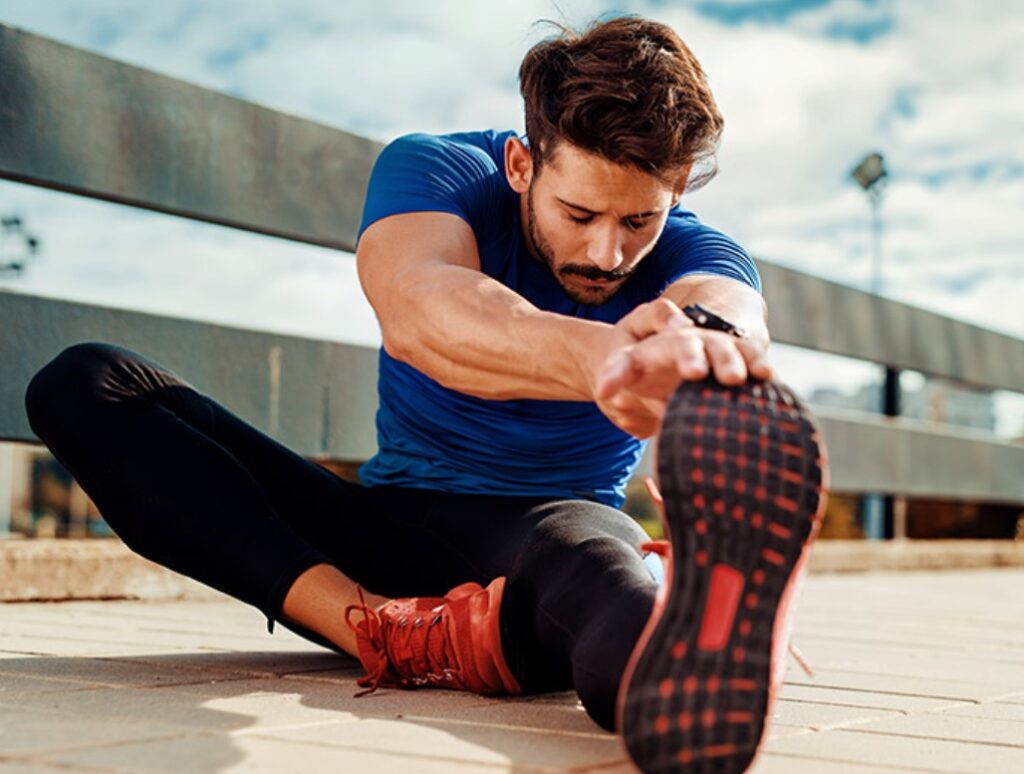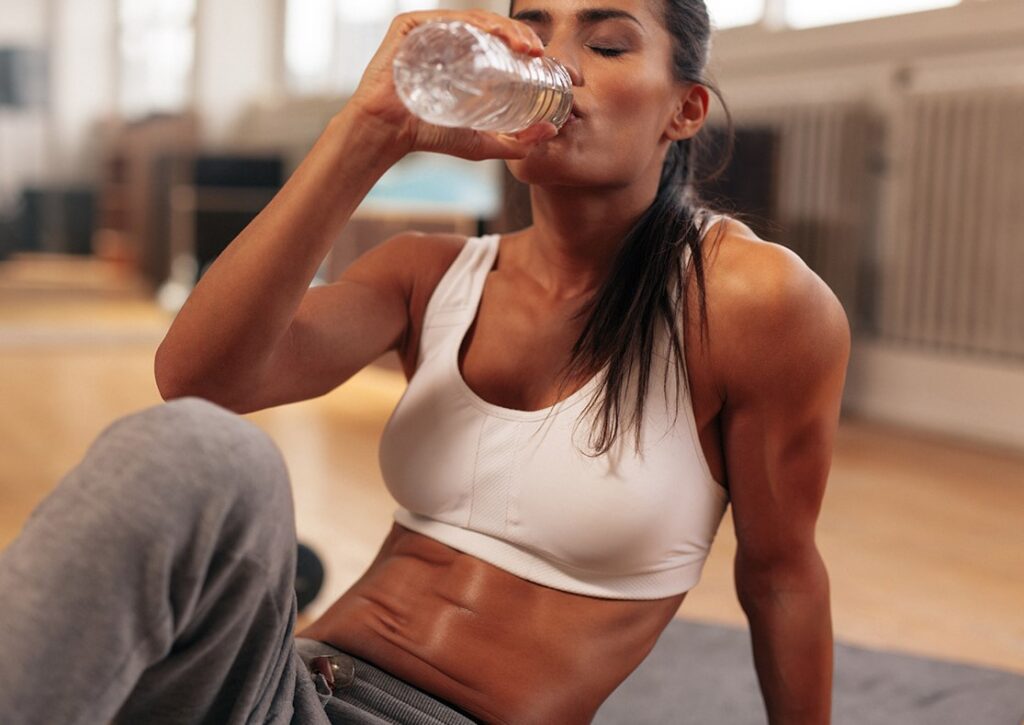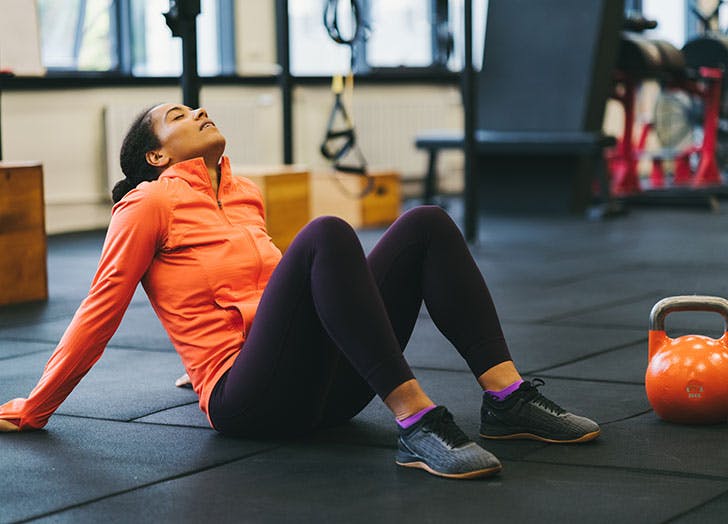Working out is different for everyone. Some do it to burn fat some to build up muscles some to generally maintain their health, but never mind what the reason behind your trip to the gym is, we all face the same issues. Those that are regulars in the gym and those that do it occasionally have pretty much the same problems – muscle recovery and relaxation at the end. Now, this is a very important thing and if your muscles do not recover and rebuild fast enough your next session will not be as productive as previous ones.
This is why so many workout experts put their imperative on muscle relaxations and time to rebuild before pushing them to the edge again. Today we will discuss more on this topic and try to give you some tips and advice on how to boost the recovery after every workout.
With the limited time that we all have for all activities, and this as well, we have to utilize both natural and synthetic ways to reduce the recovery time. Synthetic ways mean that you try supplements that are available to all of us, just like Hexarelin that is available for sale and combine them with natural things like food or some sort of relaxation exercises that will improve your recovery and boost progress. So, without further ado here are the ways to do this!
1. Contrast therapy

Most of you out there probably don’t like this one but it is highly effective when it comes to speeding up recovery after a workout. To those that do not know what contrast therapy is, it means exposing a limb or your entire body to a hot temperature for a certain period and then right after that expose it to a very cold temperature for some time. This process has to be repeated several times to get the best effects.
Some researchers have compared contrast therapy to cold water immersions, hot water immersions active recovery, stretching and others and they found out that, without any doubt, contrast therapy led to greater improvements in the areas of muscle soreness and post-recovery strength levels. It also reduces muscle inflammation, improves mobility and improves muscle range of motion which is all remarkable.
2. Tart Cherry juice
After every workout, most of us tend to grab vitamin water or similar and hope that it will help replenish some of the electrolytes and aid in recovery and muscle soreness. What we all should do is start using Tart Cherry juice because it is great for reducing post-workout muscle soreness. Multiple studies confirmed this and state that using Tart Cherry juice after resistance training reduces muscle protein breakdown and muscle soreness while speeding up the rate of recovery.
One of the studies focused primarily on eccentric exercises where you extend or elongate the muscles because these are the exercises that are believed to do the most damage to muscles in the form of microscopic tears. In other words, this juice reduces the strength losses after the workout and helps them recover faster, and they do that thanks to special flavonoids and anthocyanin which are a group of substances that have antioxidant effects on our body.
3. Active recovery

This is another highly advise thing to do after the gym, especially if you are trying to reduce muscle soreness. It sometimes feels like you are not doing anything after your workout, it is much more beneficial to stay active after a hard workout than immediately sit or lie down. What this does is remove the lactic acid build up in the muscles after the session and allows you to improve your work capacity.
This is best utilizes if you start doing light cardio exercises on your off days or right after a workout and you will recover faster and improve your overall work capacity over time. Keep the intensity of the active recovery low and don’t make it into a mini-workout because you will end up with the results opposite of what you were aiming for.
4. Foam rolling
Another great thing that you can do after a workout is foam rolling. Foam rolling helps greatly in reducing muscle soreness and help muscle recovery when applied to the muscle or muscle group that was under load during the session in the gym. Foam rolling helps stimulate blood flow to the areas you target and with an increased blood flow you increase the nutrients your body sends to the muscle tissue that is targeted. Foam rolling is the best thing you can do after a workout and if you combine it with active recovery your results will be amazing.
5. Creatine

Pretty much all of you that exercise knows about creatine and its ability to boost muscle growth, but what you probably didn’t know is that it can reduce exercise-induced damage and soreness. This means that creatine is a great post-workout supplement you can take and reap the benefits of faster muscle recovery and reduced soreness after intensive workouts.
According to studies, it has the best effect when taken post-workout which is something you should consider changing if you are one of those that use it immediately before the workout. If you choose to you can also start using only 5 grams of creatine monohydrate per day to see its benefits.
6. Post-workout protein
Having well-balanced food while working out is imperative. Some things get you that far but others help and extend your success further. Protein in food after a workout is an amazing thing that will help you recover faster after every trip to the gym. Protein after a workout is essential for the production of a positive muscle protein turnover rate.
If you didn’t know that refers to a state where more proteins are built up in a muscle than the amount that gets broken down. When you have that positive muscle turnover rate your muscles grow in size and to achieve that you will need to aim at 40 grams of high-quality protein source after every workout.
7. Hydrate post-workout

Our body mostly consists of water and replenishing the water that we lost through sweat is not only essential for your health but it is also crucial if you want to see the results of your workouts. Dehydration prevents muscle growth by lowering muscle protein synthesis rate while rising muscle protein breakdown rates. Beyond that, it makes a lot of common sense that staying well hydrated is crucial for muscle growth since your muscles are made up of around 79% of water.

